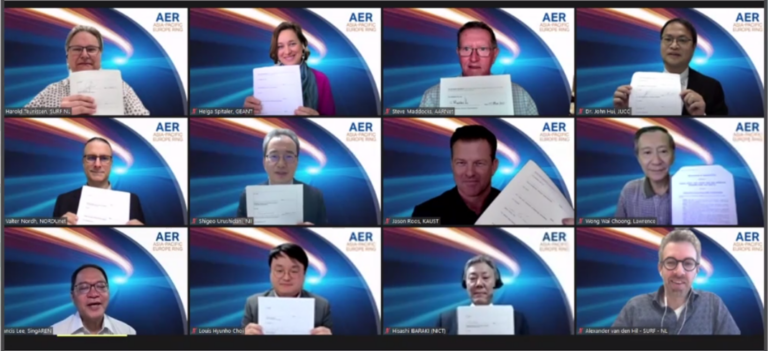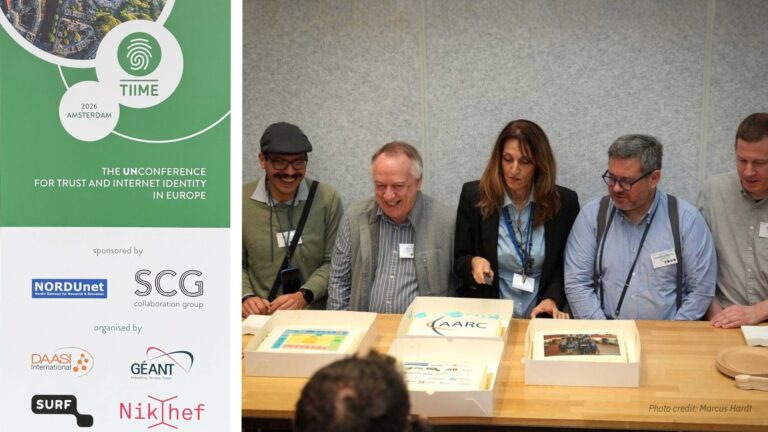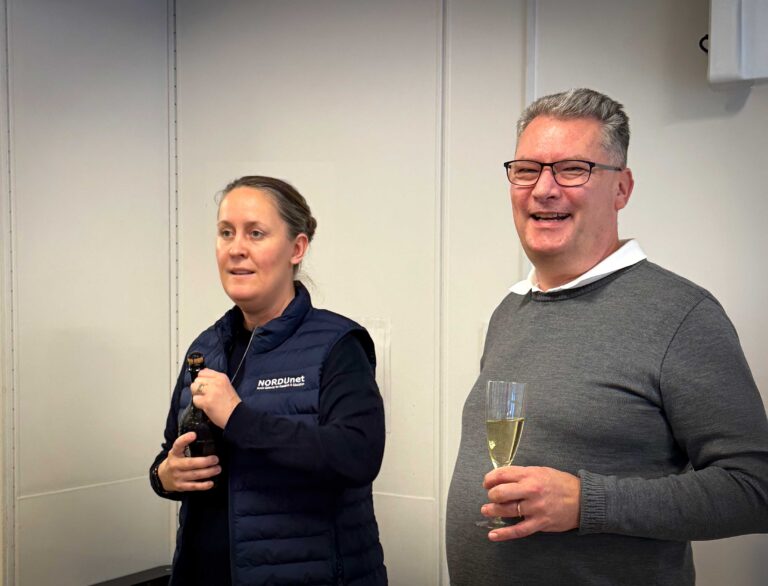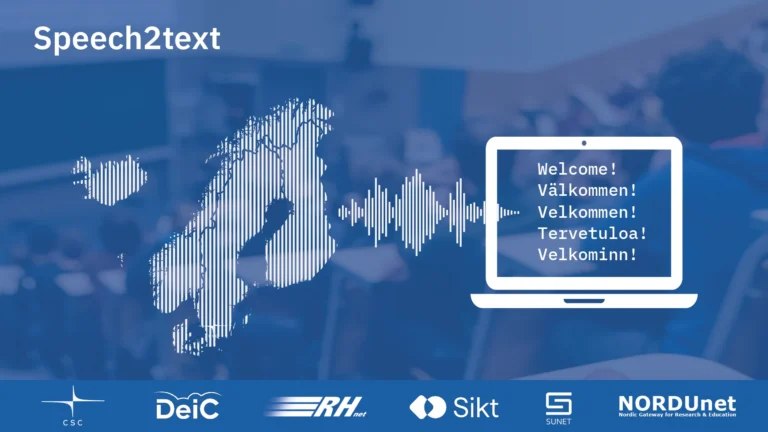Renewal of Memorandum of Understanding expands network collaboration between
Europe and Asia-Pacific regions.
7 March 2022, Bangladesh. After three years of successful collaboration on the
Asia-Pacific-Europe Ring (AER), the underlying Memorandum of Understanding (MoU)
is today extended and expanded in a virtual signing ceremony at the APAN53
conference held in Bangladesh.
The initial AER MoU, signed in July 2019, set up a co-operative arrangement for leading-edge Research and Education Networks (RENs) with 100G connectivity
between Europe and Asia to provide back up for each other in the event of any link
failure, thereby creating an extremely robust and resilient 100G network ring.
Today’s news will see the original members AARNet (Australia), GÉANT (European
region), NICT (Japan), NII (Japan), NORDUnet (European Nordics), SingAREN
(Singapore), SURF (The Netherlands), and TEIN*CC (Trans-Europe-Asia) joined by
HARNET (Hong Kong) and KAUST (Saudi Arabia) to not only create an extended
membership but to add significant further resilience to the global research and
education network system.
“The expanded collaboration, building on the previous work of the AER Partners, is
proof that collaboration in the Global R&E Network brings benefits. I welcome our new
partners KAUST and HARNET to AER. This next step in AER’s development will
strengthen the network interconnect with the Asia-Pacific region and the Arabian
Peninsula from Europe, for the joint benefit of users in science, research, and higher
education,” says Valter Nordh, CEO, NORDUnet.
The new MoU potentially doubles the bandwidth of the Asia-Pacific Europe ring and
expands the scope of collaboration. In addition to enabling multiple network paths and
providing backup connectivity in case of network outages, the agreement includes the
coordination of engineering and management activities, cooperation on deployment of
emerging network technologies and services, and the development of applications
with high bandwidth demands. It will also facilitate shared routing practices, and the
sharing of measurement data.
By agreeing to work jointly towards the development and ongoing delivery of a highly
resilient, high-speed network services delivery system for research and education, the
extended and expanded agreement showcases the benefits of collaboration not only
for researchers and academics in these regions, but worldwide.






